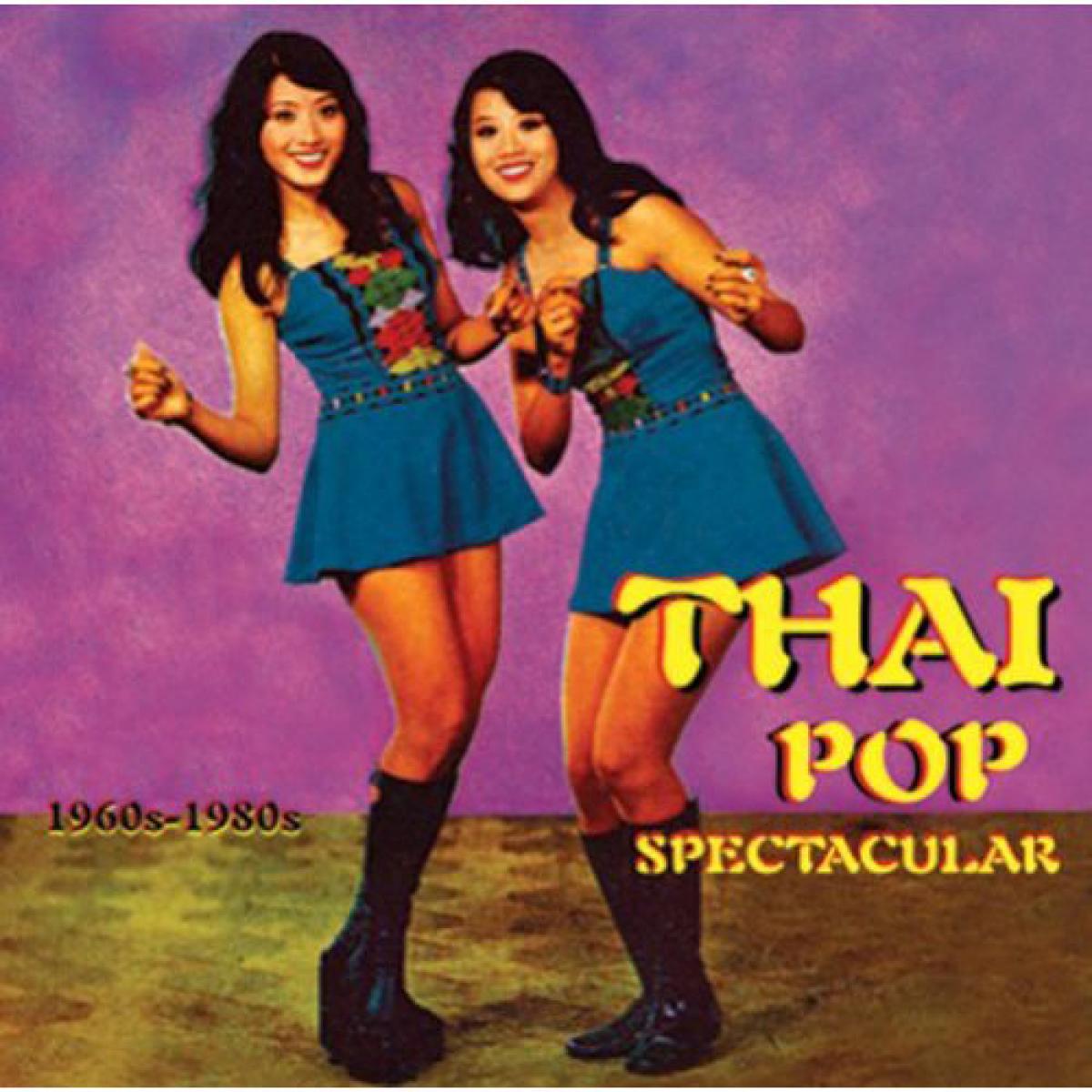
How Globalistas Are Tearing Down Cultural Barriers
A nice article by David Dacks on exclaim.ca. This is what Dacks writes about Sublime Frequencies and World Music 2.0.
Alan Bishop is the head of Seattle's Sublime Frequencies, a label that specializes in the obscure sights and sounds of the globe, yet distances itself from the world music circuit. He is very specific about the difference between natural hybrids and self-conscious ones. «For me, the hybrid music that was being created worldwide in the past (especially the 1960s) was more interesting, unique, creative, and brilliant than what has been occurring since and this is the primary reason I continue to search for these music styles for inspiration, compositional ideas, studio production techniques, and general mind-blowing entertainment. This has more to do with (today's sterile) recording quality, industry 'standards,' the propagation of an 'acceptable' world entertainment industry, and the endless thirst for money and fame.»
This point of view speaks to certain critics, who see in Sublime Frequencies the kind of rock'n'roll subversion that so much world fusion misses. Indeed, Sublime Frequencies has released thrilling examples of Thai psychedelia and lo-fi Iranian pop that «avoid world music traps» which, in Klausener's description, display indie values of «a little tape hiss, out of tune guitars, or out of time drum kit [as opposed to] perfectly click track-recorded drums." But does this represent more authentic world music, or just a shallow kinship with rock values?»
However, the leading edge of nu whirl music is on the dance floor, both musically and conceptually. Before world music, there was disco, whose anything-goes beatscapes drew from from Latin, Caribbean, European and African sounds. Disco proved that dance music hybrids could be appealing on utterly shallow or impossibly deep levels, a feeling that continues today. Says Marshall, «There is an interest among a new generation of music enthusiasts, musicians and DJs in hearing a kind of unity across genres provided in part by the global languages in which they speak – the musical languages of drum machines, records and synthesizers that are increasingly available all over the world. What tethers it to world music is the exotic and the foreign. I don't want to imply that that's a negative thing; oftentimes, the embrace of some of these genres by DJs in various metropolitan cities is less about objectifying the world that's out there [than] a powerful way to embrace what's all around us in local places. By attending to these soundscapes and embracing some of those so called foreign sounds, [one] might also re-imagine the local.»
Check out the whole article on exclaim.ca.
Biography
Published on March 03, 2009
Last updated on April 10, 2024
Topics
How can sound & music be preserved and at the same time evolve in line with the present?
From Muslim taqwacore to how the rave scene in Athens counters the financial crisis.
From afrofuturist parallel worlds to decoding strategies of emancipatory sounds: Examinations of music striving for a life worth living.

